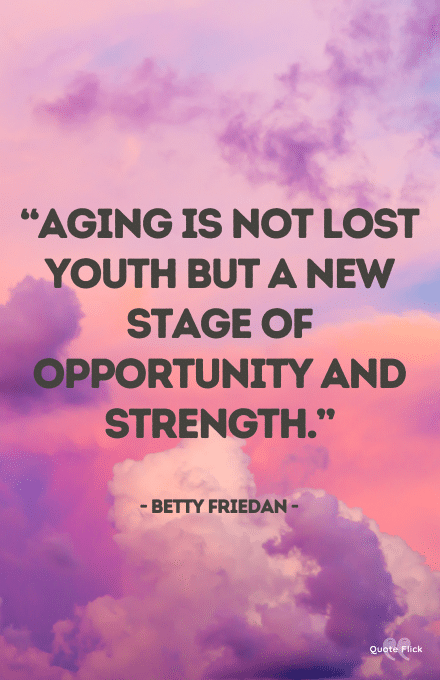However you describe it, being poor, disadvantaged, or living in a low socioeconomic area is more likely to make you more susceptible to preventable chronic diseases such as heart disease, arthritis and diabetes.
Australia’s Health Tracker by Socioeconomic Status 2021 reports on the health status of Australians based on their socioeconomic standard which the study has found has a major impact on people’s health. Families and individuals with limited resources not only have more chronic disease, they are at greater risk of dying prematurely as a result of chronic health conditions. People living with mental ill-health are less likely to participate in employment, which in itself, is associated with an improvement in general mental health levels.
The ten million people living in the 40% of communities with lower and lowest socioeconomic status have much higher rates of preventable cardiovascular diseases, cancer, diabetes or chronic respiratory diseases than others in the population. These communities also have the highest rates of suicide throughout the nation.
Risk factors that are likely to contribute to this higher rate of illness and premature death include:
• Physical inactivity
• Lifetime alcohol consumption
• Daily tobacco use
• Unemployment as a result of mental health issues.
These health disparities within the Australian population are persistent despite considerable policy reform and efforts to improve services in recent decades. The targets for a healthier Australia were developed by the Australian Health Policy Collaboration, a national network of leading health experts and organisations. The Collaboration has worked with the support of the Mitchell Institute, Victoria University since 2014 to influence public and policy awareness and action to reduce high rates of preventable chronic disease in the Australian population.
The report sets health targets for medical conditions such as:
• Obesity – Obesity is a risk factor for cardiovascular disease, high blood pressure, type 2 diabetes, asthma, back pain and some cancers.
• High cholesterol – High levels of low-density lipoprotein cholesterol are a risk factor for heart disease. National data from 2011-12 is the most recent available data and indicated that close to one-third of all socioeconomic groups were estimated to have high cholesterol levels.
• High blood pressure – Rates of reported high blood pressure are relatively consistent across socioeconomic groups. High blood pressure is often caused by poor diet, physical inactivity, obesity and excessive alcohol consumption. It is a risk factor for chronic conditions including stroke, heart diseases, and chronic kidney disease
• Diabetes – Hospitalisations and deaths related to diabetes are, respectively, 2 and 2.3 times as high in the lowest socioeconomic communities compared to the highest.
Australia’s Health Tracker by Socioeconomic Status 2021 report, The Mitchell Institute at Victoria University. Australia’s Health Tracker by Socioeconomic Status 2021 report


